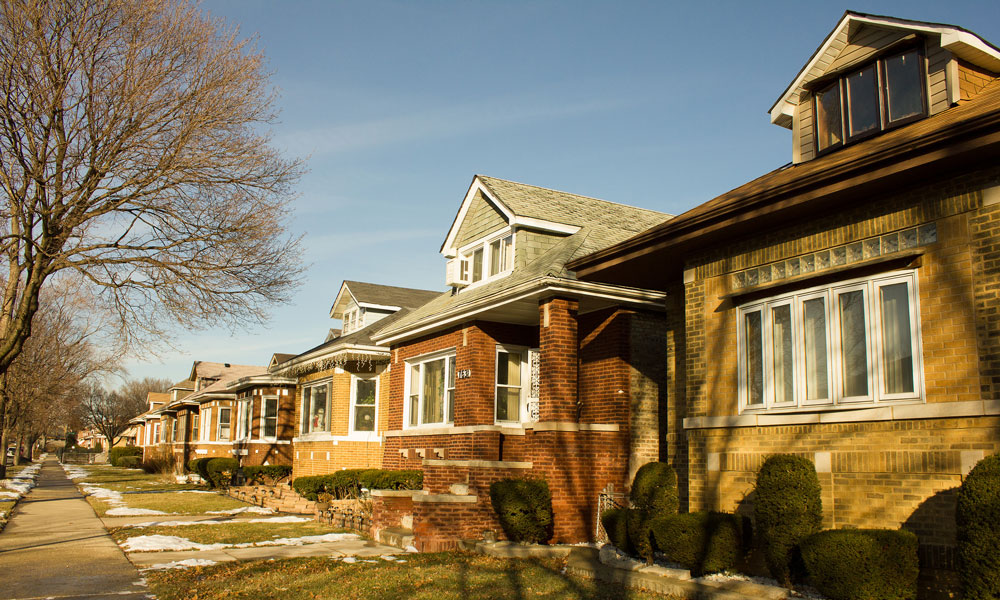
#StopThePop: Chicago Bungalow Group Scores Big Notice With Social Campaign
The Historic Chicago Bungalow Association, a community group focused on keeping the look of Chicago's historic houses in check, is taking on a developer who is renovating homes in a way unacceptable to the association.
Just because your association is small and locally focused doesn’t mean you can’t launch a viral campaign.
That’s an important lesson to take from #StopThePop, an initiative of the Historic Chicago Bungalow Association (HCBA), which recently launched a campaign to amplify the HCBA’s criticism of a local developer who has been modifying the look of some of the city’s historic bungalows.
As part of broader renovations being done to the homes, the firm, Welcome Home Chicago Properties, has been expanding the sloped roofs that define the traditional look of bungalows. The HCBA has criticized the modifications of the pre-World War II-era homes, both for aesthetic reasons and because the changes increase the cost of the homes, pricing people out of the neighborhood.
“The beauty of bungalows is that they are affordable for many middle-class Chicagoans,” Gillian Wiescher, the association’s deputy director, told DNA Info Chicago. “But they aren’t affordable once you drop what looks like a mobile home on the top of it. This is a very destructive trend.”
The educational campaign, which has garnered more than 900 signatures from an associated Change.org campaign, unexpectedly took off, according to Wiescher.
But ultimately the campaign leans more on awareness than on regulations. Unless the area receives limited protections from National Register of Historic Places guidelines, the association has no recourse for stopping the renovations.
“We’re not the bungalow police,” HBCA Executive Director Mary Ellen Guest told the Chicago Tribune. “We encourage people to do whatever they want with their homes.”
In Defense of Modifying Bungalows
But the HBCA’s effort also helps draw attention to Welcome Home Chicago Properties, whose renovations are, according to the association, affecting the character of the local neighborhood.
Adam Barrera, the owner of the firm, has defended the roughly 20 or so conversions his firm has done in recent years, saying that the homes he’s targeting for renovation and expansion wouldn’t sell otherwise.
“The bungalows I buy are out of date, and no one else wants them,” Barrera told DNA Info. “I want these homes to last for another 200 years.”
Barrera’s firm doesn’t plan to stop these expansions, which cost between $160,000 and $200,000 to complete.
For its part, the HBCA disputes the idea put forth by Barrera that bungalows couldn’t be expanded without changing the look of the building. The group is working with the American Institute of Architects to help highlight architects who focus on renovations that preserve the look of a house.
“You can get the same amount of space and keep the original roof line,” Wiescher added in her DNA Info comments.
(Robin Amer/Flickr)






Comments